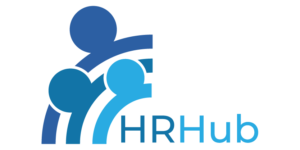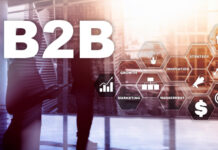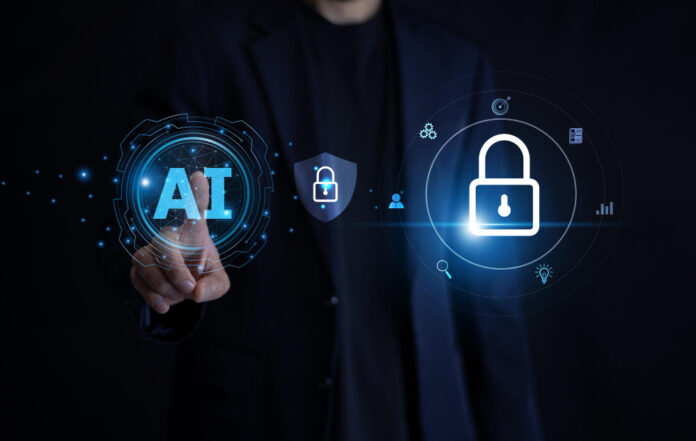As artificial intelligence (AI) reshapes the modern workplace, a critical gap has emerged between the rapid pace of adoption and the implementation of adequate AI security measures, especially in HR departments handling sensitive employee data.
According to the AI Risk & Readiness in the Enterprise 2025 Report by BigID, over 90% of organizations lack full confidence in their ability to secure AI-powered systems. The concern is especially acute in human resources, where AI tools influence decisions on hiring, performance, and employee engagement.
The Rise of AI and the Security Gap
While AI promises efficiency and scalability, it also introduces new vulnerabilities. A Cisco study found that nearly two-thirds of organizations have adopted AI, yet only 13% feel fully prepared to manage the associated security risks. This disparity highlights the urgent need for HR and IT to collaborate on AI governance frameworks that prioritize data privacy and compliance.
The BigID report flags two major risks:
- AI-Powered Data Leaks: With AI processing vast amounts of personal data, a single breach can compromise employee trust and violate data protection laws.
- Shadow AI: These are unauthorized AI tools used by employees without IT oversight, creating significant blind spots in security protocols.
Building a Security-First HR Culture
To reduce these risks, HR teams must become proactive partners in cybersecurity. Research from Gartner predicts that structured workplace security programs could lower employee-driven security incidents by 40% by 2026. This means moving from reactive security measures to a culture-first approach where employees are educated, empowered, and accountable.
By integrating security into onboarding, performance evaluations, and training modules, HR can transform every employee into a line of defense.
The Implementation Gap
Despite increased awareness, a large gap exists between strategic intent and execution. While 36% of business leaders rank AI compliance and governance as a top priority, only 14% have taken action to implement AI security protocols.
This gap is further complicated by staff shortages and burnout among cybersecurity professionals, putting additional pressure on HR leaders to support mental health, resilience, and wellbeing within security teams.
HR Tech Innovation in Focus
The HR tech landscape continues to evolve rapidly with AI at its core:
- Greenhouse has partnered with CLEAR to combat AI-driven hiring fraud using TSA-level ID verification.
- Lattice introduced an AI Agent to automate repetitive HR tasks and launched burnout detection features.
- Skillsoft’s AI coach is now integrated into Salesforce to train teams in real-time.
- Insight7 enables HR teams to analyze employee calls for performance coaching using AI without needing technical skills.
- Multiplier launched a Contractor of Record solution for compliant global contractor management.
- Rewardian introduced experiential rewards and an AI assistant to personalize employee recognition.
- Goldbridge.ai offers AI-powered job matching to enhance hiring quality and reduce sourcing friction.
Final Thoughts
AI is here to stay, but securing it starts with HR. By embracing a culture of accountability, partnering with IT teams, and staying ahead with AI-driven HR tools, organizations can build a future-ready, secure workplace.
As HR continues to evolve into a strategic driver of AI governance, it holds the key to safeguarding employee data, building trust, and driving long-term organizational resilience.
I hope you find the above content helpful. For more such informative content, please visit HR Global Hub.











